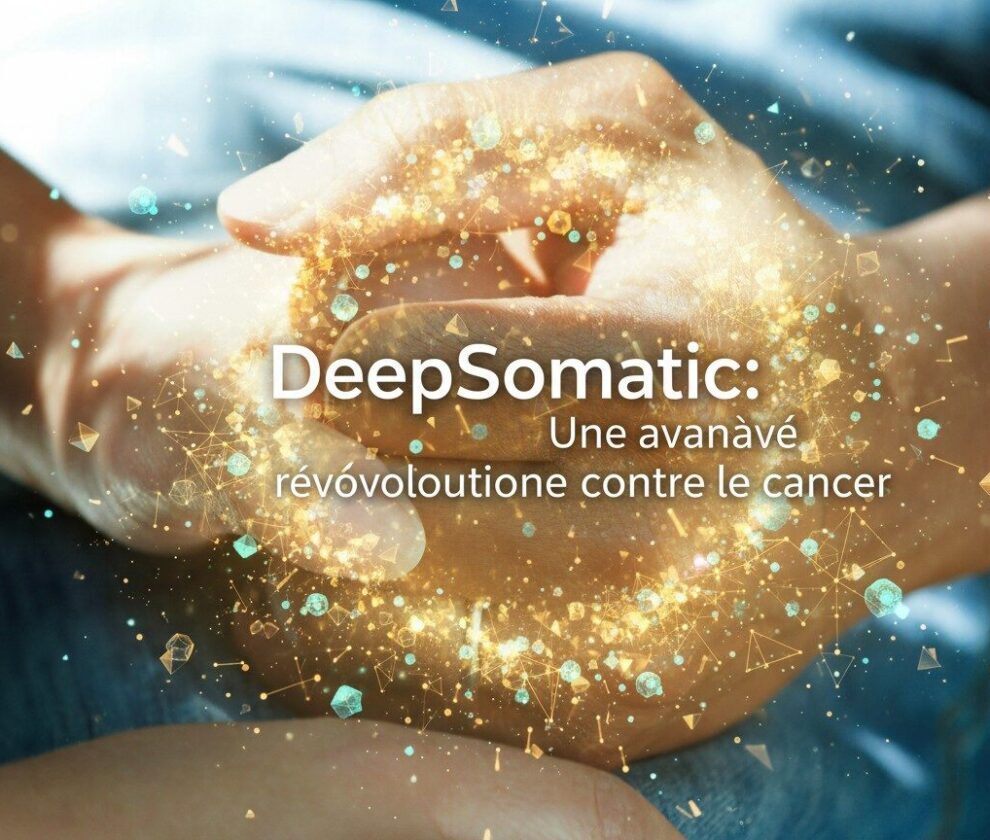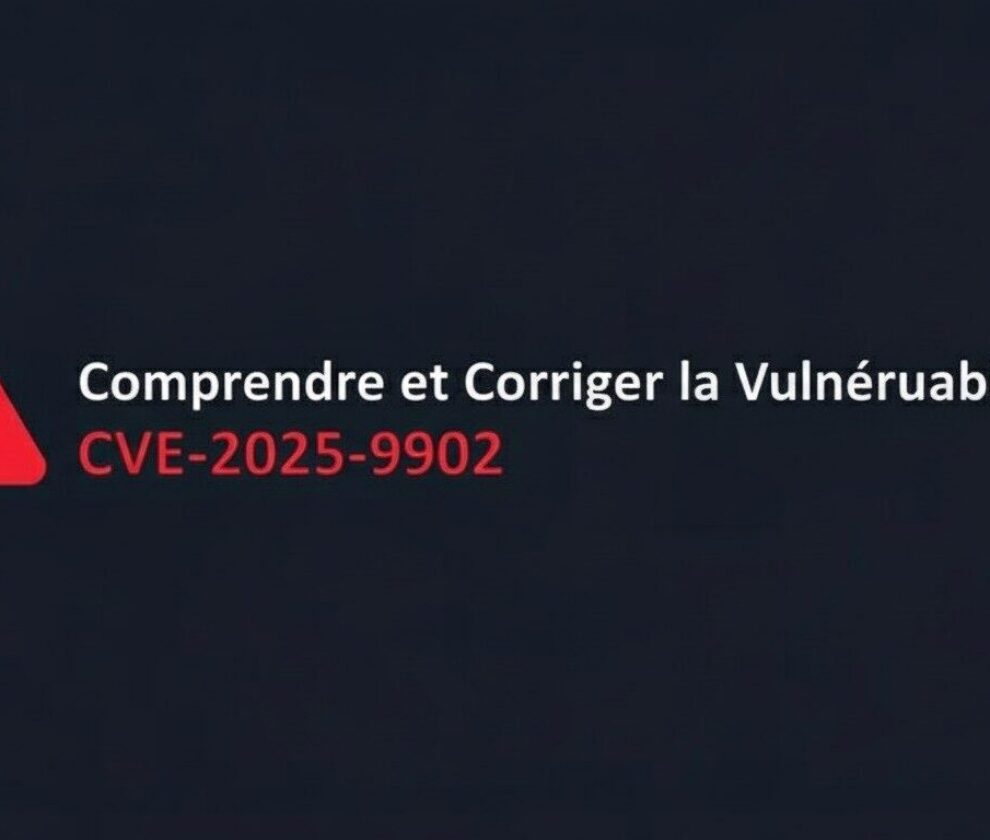As the digital sovereignty debate gains momentum in Europe, France has taken a significant leap by adopting Matrix as its secure messaging technology. This pivotal decision aligns with growing concerns about dependence on proprietary platforms and emphasizes the importance of robust, sovereign communication solutions. But what exactly makes Matrix stand out, and why has it become the secure messaging platform of choice for France? Let’s explore.
Why Decentralized Solutions Like Matrix Matter
Matrix is a decentralized messaging protocol developed over a decade ago. Unlike proprietary platforms such as Microsoft Teams or WhatsApp, Matrix provides enhanced autonomy and security. This is particularly appealing for organizations aiming to avoid vulnerabilities linked to centralized platforms.
The decentralized approach of Matrix ensures that each user can host their own server, giving control back to the individual or organization.
A perfect example of its resilience was seen during a server outage on Matrix.org in September. While the main server was down, users hosting their own instances remained unaffected, reinforcing the reliability of decentralization in communication frameworks.
France’s Strategic Move: Tchap and Partnership with Matrix
France exemplifies how governments are prioritizing secure communication. By integrating Matrix into its Tchap messaging service, the French government has equipped over 600,000 public officials with a secure communication tool. Additionally, France has strengthened its commitment by joining the Matrix.org Foundation as a Silver member. This marks a global milestone, as it’s the first time a nation has become a Foundation member.
The adoption of Tchap underlines the French government’s dedication to open-source, sovereign solutions. It also sends a clear message about prioritizing technology ecosystems that align with national sovereignty.
Other European Nations Follow Suit
France isn’t alone in moving towards Matrix. Germany has already implemented Matrix in its healthcare sector, and Sweden is exploring the possibility of deploying a similar nationwide service. Geopolitical crises like Russia’s invasion of Ukraine and uncertainties in U.S. policies are compelling European nations to accelerate the adoption of decentralized, sovereign solutions.
This growing trend suggests a broader shift in Europe towards autonomy in digital infrastructure, especially for critical sectors and government communication.
Can Matrix Compete with Industry Giants?
Despite its growing adoption, Matrix faces stiff competition from well-established market players such as Microsoft Teams and Slack, which are widely used in organizations like the European Commission. However, the tide may be shifting. Several organizations are now piloting Matrix as a back-up or alternative platform, prompted by vulnerabilities identified in other services like Signal, which relies on cloud hosting solutions like AWS.
For Matrix to compete with these giants, sustained efforts in user experience, advanced features, and active community support are essential.
The Role of Security and Privacy
One of Matrix’s most distinguishing characteristics is its robust security and privacy-centric design. In contrast to platforms affected by controversial regulations like the European “Chat Control,” which forces messaging services to oversee private exchanges, Matrix empowers users with greater autonomy.
Interestingly, France supports the Chat Control regulation while simultaneously safeguarding its own communications using Matrix.
This duality highlights the complexity of balancing national-level sovereignty and broader international commitments to privacy and data security regulation.
The Path Ahead: Matrix V2
Matrix is poised to evolve further with the upcoming release of its Version 2 protocol. The developers have made it clear their focus will remain on secure communication rather than expanding into decentralized social networks or other tangential technologies. This clarity in strategy will likely bolster adoption in governments and critical infrastructures worldwide.
Should Version 2 prove effective, Matrix will likely see its standing solidify in Europe and beyond as a premier choice for secure, scalable, and sovereign communication.
Key Takeaways and Outlook
Matrix represents a significant milestone in Europe’s journey towards digital sovereignty, providing an alternative to centralized, proprietary platforms. With trailblazers like France and Germany setting the stage, more nations are expected to join the movement.
However, the path ahead is undoubtedly challenging. To rival established platforms, Matrix must continue innovating while addressing usability concerns and promoting widespread awareness of its robustness and practicality.
How Lynx Intel Can Assist
At Lynx Intel, we understand the critical importance of secure communication in today’s digital age. We specialize in helping organizations transition to platforms like Matrix, ensuring seamless integration and maximum compliance with sector-specific needs.
Contact us today for a tailored consultation and discover how we can safeguard your communications while enhancing operational autonomy.


